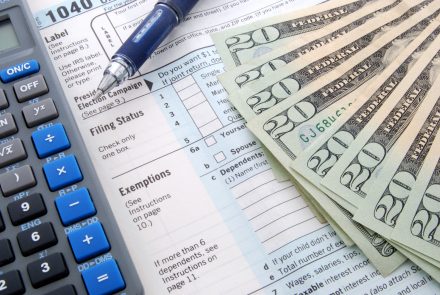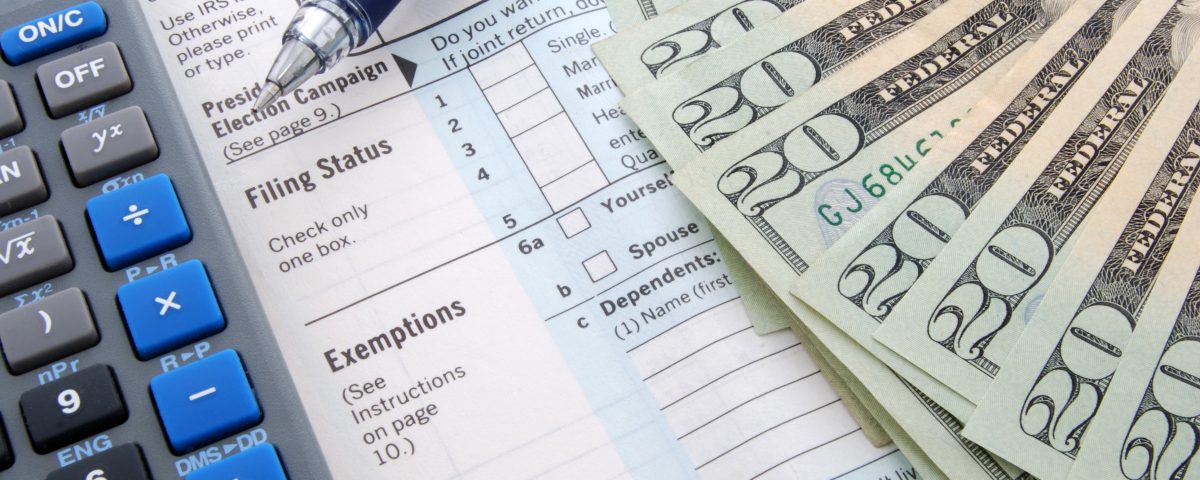
What Is an IRS Tax Assessment?

Does Res Judicata Apply to Stipulated Tax Court Decisions?

What is a federal IRS tax lien?
A federal IRS tax lien is a lien for unpaid tax liabilities which arises in favor of the United States. A federal tax lien statutorily arises, even if a notice is not filed in a state or local recorder’s office, against all property and rights to property owned by the taxpayers as of the assessment date under 26 U.S.C. §§ 6321 and 6322 when notice and demand for payment is made (e.g., a bill is issued) and the tax is not immediately paid. A Notice of Federal Tax Lien against the taxpayer’s property may thereafter be filed in a local recorder’s office, which serves to secure the priority of the lien relative to other potential creditors.
The statutory lien continues until the liability is satisfied or becomes unenforceable by lapse of time. FN1. Such liens attach to all property of the taxpayer acquired after the assessment as well as existing at the time of the assessment. FN2.
A federal tax lien is not valid against a purchaser, holder of a security interest, mechanic’s lienor, or judgment lien creditor, until a Notice of Federal Tax Lien has been filed. FN3. Otherwise, tax liens may continue with property through transfers from the taxpayers to other parties if not paid or discharged. FN3. The Notice of Federal Tax Lien secures the government’s interest relative to other lien-holders or interest holders, including subsequent purchasers, so long as it is properly filed in the county where real property sits. Irrespective of such relative priorities of creditors, the tax code does not require filing for the interest of the United States to be valid as against the taxpayers. FN5.
FN1. 26 U.S.C. § 6322.
FN2. Bank of America Nat. Trust & Sav. Ass’n v. Mamakos, 509 F.2d 1217, 1219 (9th Cir. 1975).
FN3. 26 U.S.C. § 6323.
FN4. U.S. v. Bess, 357 U.S. 51, 57, 78 S. Ct. 1054, 1058 (1958).
FN5. 26 U.S.C. § 6323.
Daniel W. Layton, the author of this post, is a former IRS trial attorney and former Federal prosecutor who was tasked with handling criminal tax prosecutions and civil litigation including tax refund suits, lien enforcement and foreclosures. As a tax attorney in private practice in Newport Beach, he uses his knowledge of IRS procedures and rules to keep the IRS in check and protect his clients’ rights. He may be contacted at (949) 801-9829.

